Content warning
This story may contain sensitive material or discuss topics that some readers may find distressing. Reader discretion is advised. The views and opinions expressed in this story are those of the author and do not necessarily reflect the official policy or position of Vocal.
How does a historian foresee the end of Russia’s war in Ukraine?
How will the war between Russia and Ukraine end? The world is curious and anxious to find out. But there is a historical prediction that might give us a clue. Read our amazing new story today that explores how a past prophecy could tell us the fate of this fierce conflict! 🤔💥🚨
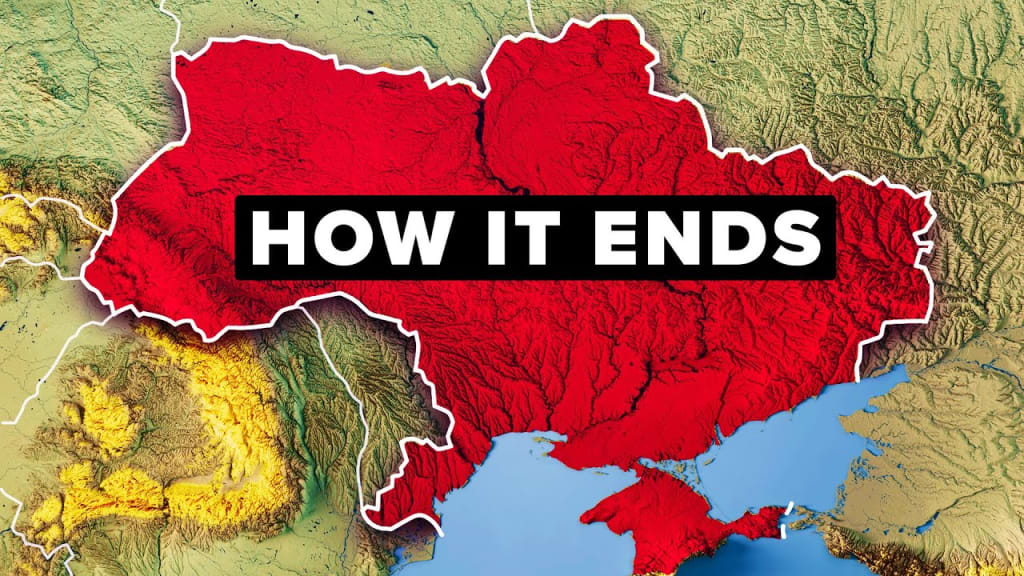
How will the war between Russia and Ukraine end? The world is curious and anxious to find out. But there is a historical prediction that might give us a clue. Read our amazing new story today that explores how a past prophecy could tell us the fate of this fierce conflict 🤔💥🚨
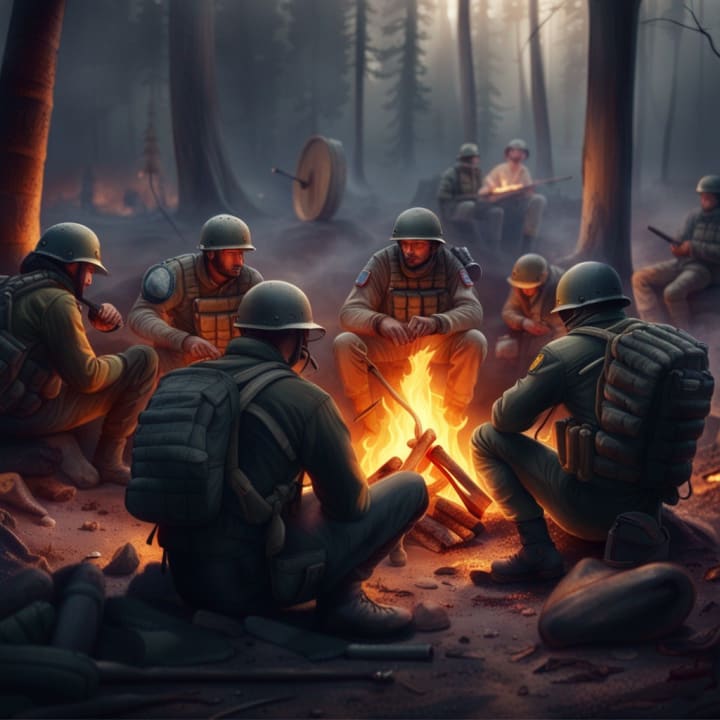
How Will The War In Ukraine End?
The war in Ukraine has been raging for over a year, and it shows no signs of stopping. The conflict between Russia and Ukraine has drawn in the rest of the world, with NATO and the US backing Kyiv and China and a few rogue states supporting Moscow. But what are the possible outcomes of this war, and how likely are they to happen? In this blog post, we will explore three possibilities: a Russian victory, a Ukrainian victory, and a frozen conflict. We will also discuss the challenges and obstacles that each side faces, and the implications of each possibility for the region and the world.
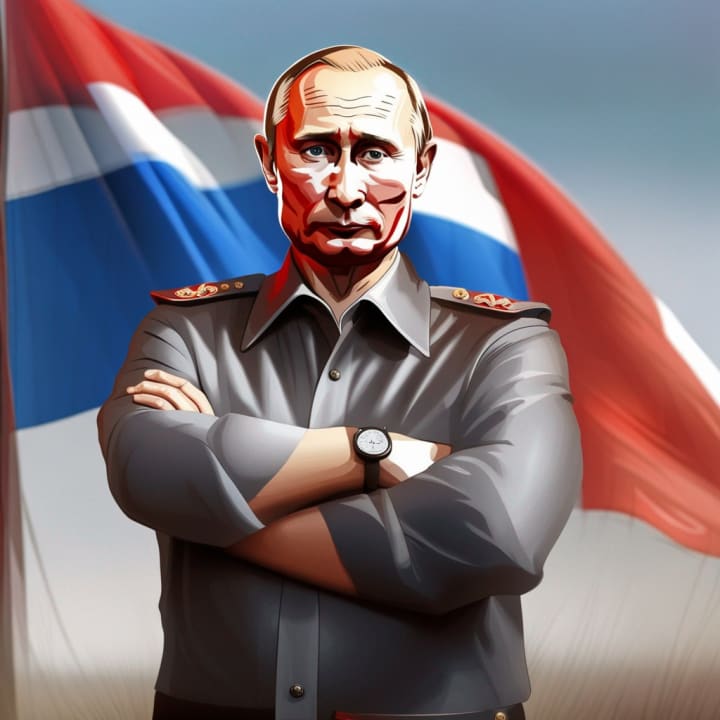
How Russia Could Win
This was the possibility that most people expected when Russia invaded Ukraine in late 2021, hoping to quickly capture Kyiv and overthrow President Zelenskyy. Russia had a massive advantage in terms of troops, tanks, and planes, and it seemed like nothing could stop Putin’s ambition to restore Russia’s glory and influence. However, things did not go as planned for Moscow. Ukraine managed to resist the initial onslaught, thanks to a daring move that flooded Russian bridges across the Dnieper river. NATO and the US also came to Ukraine’s aid, providing weapons, intelligence, and diplomatic support. The war turned into a stalemate, with Russia controlling parts of eastern Ukraine and Crimea, but unable to advance further.
But Putin has not given up on his dream of conquering Ukraine. He has launched several offensives since then, trying to break through Ukrainian defenses and reach Kyiv. He has also threatened to use nuclear weapons if NATO does not back off and let him have his way. However, these tactics have not worked for him. Russia is facing a severe shortage of resources, manpower, and allies. The economic sanctions imposed by the west have crippled Russia’s economy, making it harder to sustain the war effort. The Russian people are also growing weary of the war, with many dodging the draft or protesting against Putin’s regime. The only countries that are openly supporting Russia are Belarus, Iran, and North Korea, which are not very reliable or helpful.
The only hope for Russia to achieve a decisive victory is to get China on its side. China is Russia’s biggest trading partner and supplier, and it has expressed its solidarity with Putin’s cause. China also sees the war as an opportunity to weaken the US and NATO, and pave the way for its own expansionist ambitions in Asia. However, China has been reluctant to provide Russia with lethal aid, such as weapons or troops. China fears that doing so would trigger sanctions from the west, which would hurt its economy and technology sector. China also does not want to back a losing horse - it is waiting for evidence that Russia can actually win the war before it commits more resources.
For Russia to pull off a miracle victory, it would need to convince China to take the risk and supply it with enough weapons to launch a massive offensive from two directions: Belarus in the north and Moldova in the south. Russia would also need to destabilize Moldova’s pro-western government by supporting a separatist movement in Transnistria, where it has a battalion of troops stationed. The goal would be to encircle Kyiv from both sides, capture Zelenskyy or drive him into exile, and install a puppet regime that would surrender to Moscow. Putin would then use his nuclear threats to deter NATO from intervening further.
This possibility is possible, but highly unlikely. It would require everything to go right for Russia, and everything to go wrong for Ukraine and its allies. It would also risk triggering a larger conflict that could spiral out of control. Putin may be desperate enough to try it, but he may also realize that it is too risky and unrealistic.
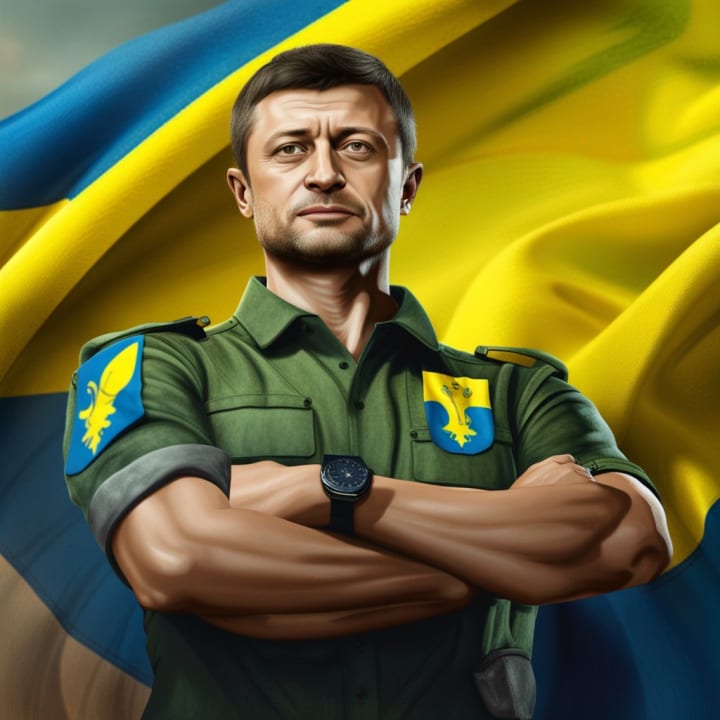
How Ukraine Could Win
This was the possibility that most people dismissed when the war began, thinking that Ukraine had no chance against Russia’s superior military might. However, become increasingly bold, striking at Russian supply lines and bases across the border and in Crimea. Ukraine has also maintained its morale and unity, despite Russia’s attempts to sow discord and propaganda among its population.
But Ukraine still faces a formidable enemy, and a long road to victory. Russia still occupies a large portion of eastern Ukraine and Crimea, and has a larger and more experienced army. Russia also has a nuclear advantage and has threatened to use it if Ukraine or NATO escalate the war. Russia also has some allies, such as China, that could provide it with more support if the situation changes. Ukraine also depends heavily on western backing, which could waver or diminish over time.
For Ukraine to achieve a decisive victory, it would need to continue its war of attrition, wearing down Russia’s forces and supplies, and taking back cities and towns where it can. It would also need to mount a final offensive to drive the Russians out of Crimea, which is key to securing its access to the Black Sea and its sovereignty. Ukraine would also need to avoid provoking Russia into using its nuclear weapons, or triggering a larger conflict with China or other powers. Ukraine would also need to maintain its internal cohesion and legitimacy, and resist any attempts by Russia to undermine its government or society.
This possibility is possible, but not easy. It would require a lot of patience, courage, and determination from Ukraine and its allies. It would also require a change in Russia’s leadership or attitude, as Putin is unlikely to admit defeat or withdraw from Ukraine voluntarily. It would also require a lot of diplomacy and cooperation from the international community, to prevent the war from escalating or spreading.

How The War Could Continue
This is the possibility that seems to be the most realistic and likely at the moment. The war in Ukraine has reached a stalemate, with neither side able to gain a decisive advantage or force the other to surrender. The war has become a frozen conflict, with occasional clashes and skirmishes along the front lines, but no major changes in territory or strategy. The war has also become a proxy conflict, with different countries and groups supporting one side or the other for their own interests or agendas.
But this does not mean that the war is over or peaceful. The war continues to cause death and suffering for both civilians and soldiers, and to destabilize the region and the world. The war also continues to pose a threat of escalation or expansion, as any incident or provocation could spark a new wave of violence or intervention. The war also continues to create resentment and hostility between the two sides, making it harder to find a common ground or a peaceful solution.
For the war to end in this way, it would require both sides to accept the status quo, and to stop trying to change it by force or diplomacy. It would also require both sides to respect a ceasefire agreement, and to refrain from any actions that could violate it or provoke the other side. It would also require both sides to cooperate on humanitarian issues, such as exchanging prisoners or repatriating refugees. It would also require both sides to engage in dialogue and confidence-building measures, such as reducing their military presence or allowing international observers.
This possibility is possible, but not desirable. It would mean that the war would not be resolved or settled, but only postponed or suspended. It would mean that the war would remain a source of tension and uncertainty for both countries and the world. It would mean that the war would not bring any justice or satisfaction for either side, but only frustration and bitterness.
So there you have it - three possible ways for the war in Ukraine to end: a Russian victory, a Ukrainian victory, or a frozen conflict. None of them are easy, none of them are guaranteed, and none of them are likely to happen anytime soon. The war in Ukraine is one of the most complex and unpredictable conflicts in modern history, and it may take years or even decades before we see a resolution. Until then, we can only hope for peace and stability in the region and support the efforts of those who are trying to end the violence and suffering. Thank you for reading this blog post, and stay tuned for more updates on this topic.
📝 SOURCES
About the Creator
Enjoyed the story? Support the Creator.
Subscribe for free to receive all their stories in your feed. You could also pledge your support or give them a one-off tip, letting them know you appreciate their work.


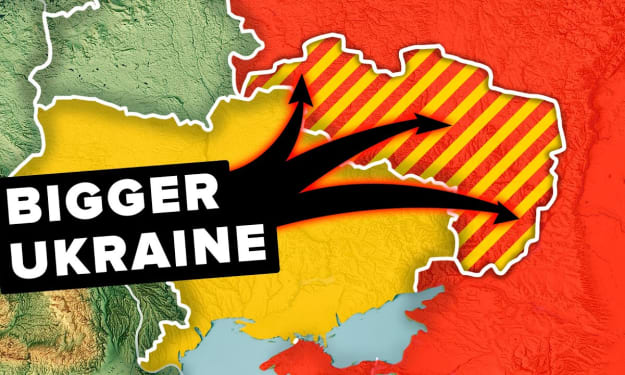
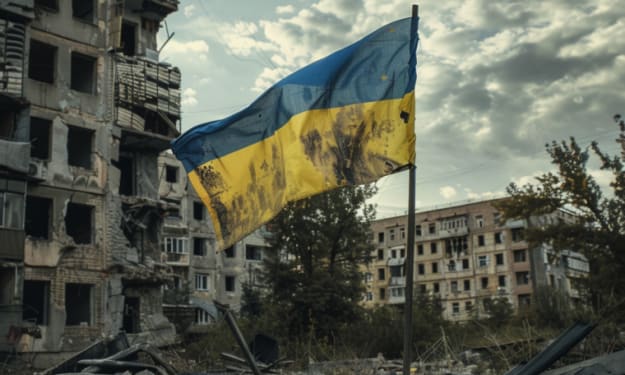

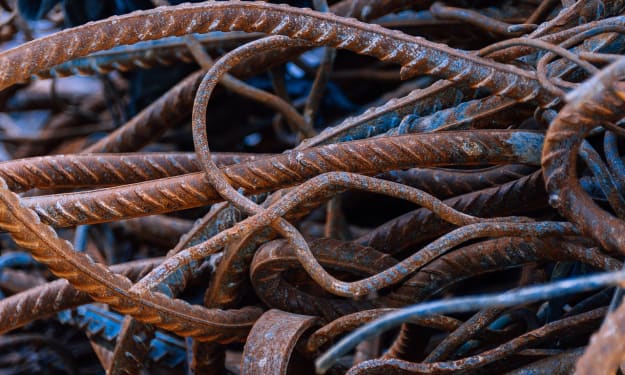
Comments
There are no comments for this story
Be the first to respond and start the conversation.